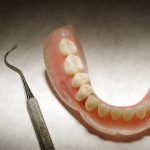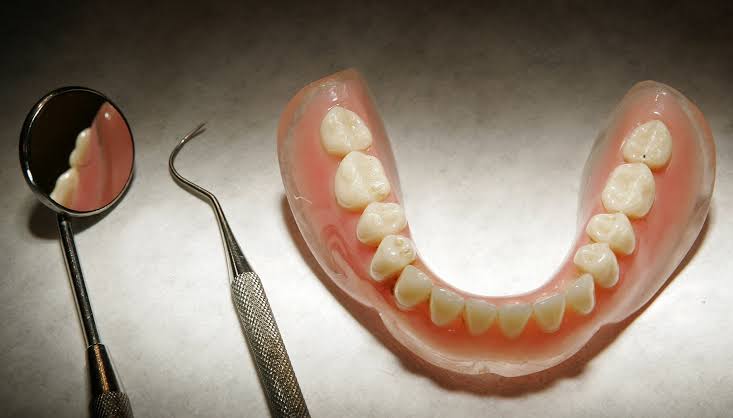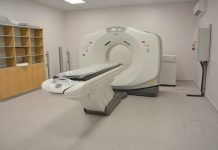UK pathway for dentists , pathway to becoming a practicing Dentist in the UK, requirements for a foreign trained dentist to practice in the UK
I’ll be making a thread about the UK pathway for dentists today. The information on this thread is obtained from the Nigeria Doctors in the UK Facebook group, Google searches and discussion with colleagues.
1. Pass an approved dental licensing exam
2. Complete a period of vocational training by equivalence (VTE)
3. Have a valid visa to work in the UK
To apply for an approved licensing exam (ORE or LDS), the candidate needs to:
a. Submit a completed and signed exam application form with two clinical referees.
These referees must fill and sign the form, one of these referees usually has to be the dean of your dental school.
b. Attach a current certificate of good standing (COGS) from Medical and Dental Council of Nigeria (MDCN)
c. Submit a certified copy of his/her valid passport
d. Submit a certified copy of his/her primary dental degree
e. submit a NARIC statement. (National Agency for the Recognition and Comparison of International Qualifications and Skills)
f. Submit a current IELTS result of with a score of at least 7 in all components.
Once the candidate’s application is approved, he/she joins a waiting list of people looking to write the Part 1 exam. The candidate will be notified of the date and time the exam booking for Part 1 will open. Slots are usually filled within minutes.
The exam options are:
1. ORE and LDS. ORE is the Overseas Registration Examination (ORE). ORE is organised by the GDC and is held in London. It consists of 2 parts and the candidate has a maximum of 4 attempts for each part
Once part 1 is attempted, the candidate has a total of 5 years to complete both parts of the exam.
Part one is a computer-based theory exam
Costs £806 and it is held twice a year, Once you pass, you are transferred to the candidate list for the Part 2 exam.
The part 2 exam costs £2,929 and it’s purely clinical and held 3x a year.
Licence in Dental Surgery (LDS) is less popular than the ORE and it is organised by the Royal College of Surgeons (RCS). It is held in London and also consists of 2 parts, theory and clinical.
Read more on Licence for Dental Surgery Part 1 by Royal College of Dental Surgeons.
2. Complete a period of vocational training by equivalence (VTE) The VTE is fondly and unofficially known as ‘ORE Part 3’ and akin to housejob It usually lasts for 12 months duration if done full time and longer if done part time. It requires great networking skills.
The candidate has to find a practice willing to take him/her on as a vocational trainee.
The practice has to be approved as a VTE practice, and the mentor has to undergo a training or already be on the list of trainers A fee will also be paid for the VTE practice to start.
According to the Royal College of Surgeons, during VTE, a performer number is issued to the candidate and the candidate also has to get indemnity. The candidate becomes a fully independent practitioner after the period of the training.
There are a lot of hoops towards registering and working as a dentist in the United Kingdom and it demands a lot of financial, mental and emotional resources. However, it’s doable and many Nigerian dentists are doing it everyday.

Image is representative
Credit: Newsweek
Credit:
Shaw Plus
























